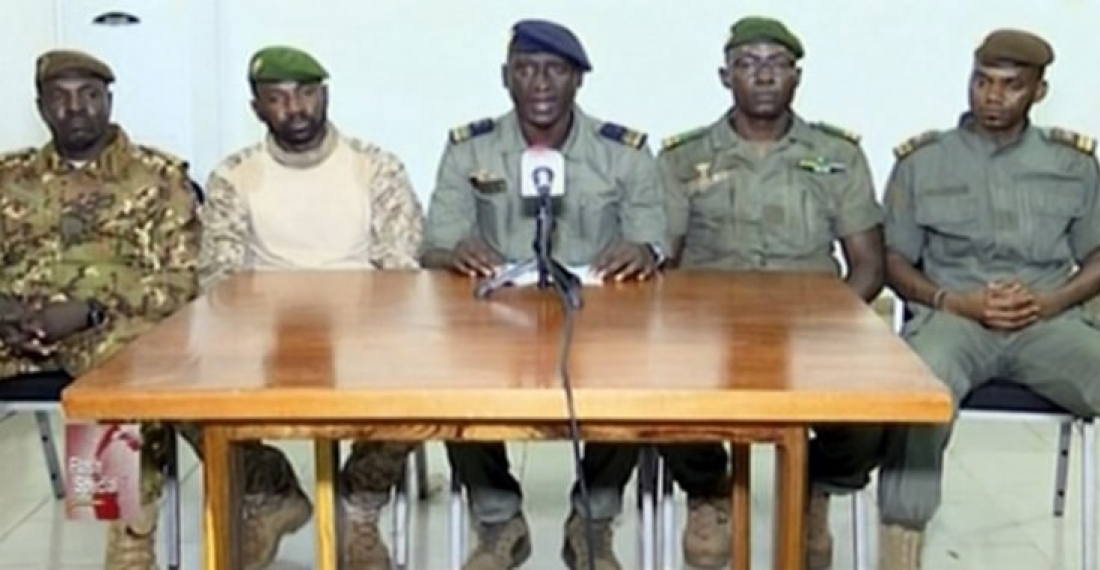Mali's constitutional court on Friday (28 May) named coup leader, Colonel Assimi Goïta, as the country's transitional president. Col Goïta had already declared himself interim president on Wednesday, two days after seizing power in a military coup. The court said this was due to the "vacancy in the presidency".
This was the second military coup led by Colonel Goïta in nine months. Goïta led the first coup on 18 August 2020, which removed the elected president, Ibrahim Boubacar Keïta, from office. The military intervention was justified on the basis of Keïta’s weak leadership and tolerance for corruption, which had led the public and opposition politicians to welcome it.
This year’s coup, however, was met with far less approval from the Malian population, as well as considerable condemnation from civil society groups, national politicians and the international community.
On 24 May, the transitional president, Bah Ndaw, and transitional prime minister, Moctar Ouane, were arrested and forcibly led to the Kati military camp, mirroring Keïta’s arrest nine months earlier. Goïta proceeded by putting the leaders out of their prerogatives, according to a statement read on national television the following day. Ultimately, the transitional leaders announced their resignation this week, on May 26, prompting their liberation from the camp that same night.
By liberating Ndaw and Ouane, Colonel Goïta and the other coup plotters complied with a request made by United Nations Security Council on Wednesday. Indeed, at the request of French president Emmanuel Macron, an extraordinary meeting took place in New York where members had strongly condemned the arrests and demanded respect for the initial timetable of the transition directed by civilians. Although the first issue has been resolved, the immediate resumption of a civilian-led transition seems far away as Goïta intends to take head of the transition, diplomats have announced.
As a response, the international community is threatening sanctions. The European Union is “ready in the coming hours to take targeted sanctions” against those responsible, Macron said in Brussels after a summit of bloc’s 27 leaders. ECOWAS also mentioned the possibility of imposing sanctions, as it did after the 2020 coup. The United States, for its part, has suspended assistance to the Malian security and defence forces, the state department has announced.
As Mali is already greatly hurt by its lasting security crisis and by the pandemic, economic sanctions could increasingly weaken the state by causing considerable damage for its population and economy. Moreover, if the country’s government remains internationally unrecognised as legitimate, this risks compromising the Malian army’s collaboration with the French and other European military forces which are currently deployed in operations against the jihadists.







